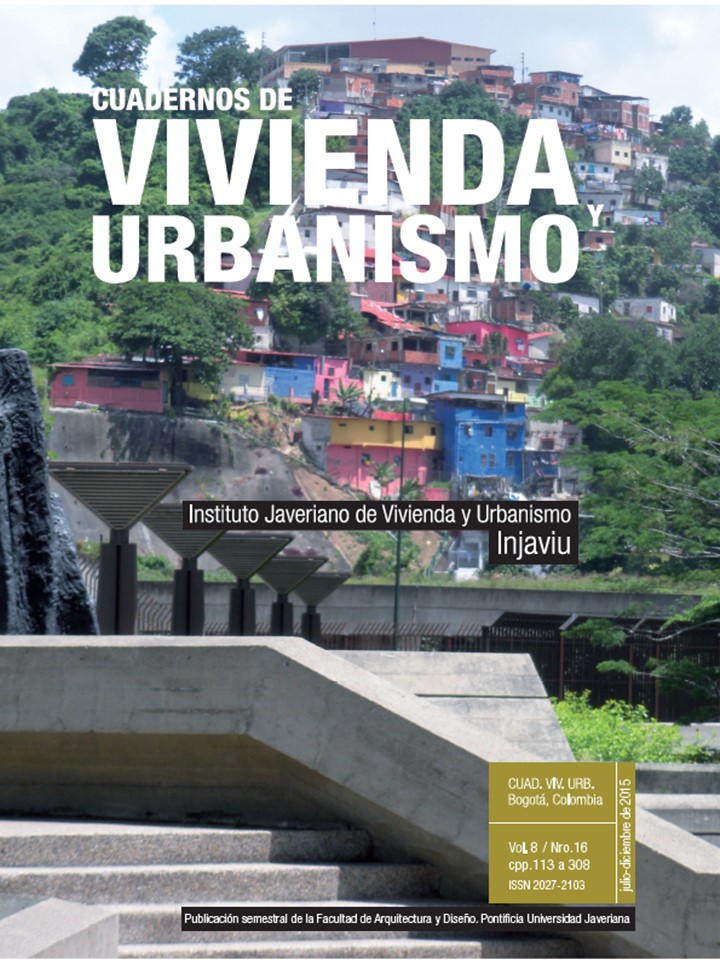Abstract
In relation to the call for investigation held in 2004 in this city by the Iberoamerican Biennale of Architecture and Planning, ten years ago the Experimental Housing Project (Previ), from Lima, awakened renewed interest among young and senior architects who were approaching this experience with the watchful eye of those who want to learn to build social housing with an inalienable urban vocation. Likewise, the unfinished business of industrialization in low-cost housing has led to the study of this case. After setting out the basics of Previ that allow us to understand and project it in context, this article analyzes that experience again in order to understand it from projectual typological keys that, from our point of view, build a bridge between life flowing (the utilitas) and the rigour that rebuilding demands (the firmitas).
This journal is registered under a Creative Commons Attribution 4.0 International Public License. Thus, this work may be reproduced, distributed, and publicly shared in digital format, as long as the names of the authors and Pontificia Universidad Javeriana are acknowledged. Others are allowed to quote, adapt, transform, auto-archive, republish, and create based on this material, for any purpose (even commercial ones), provided the authorship is duly acknowledged, a link to the original work is provided, and it is specified if changes have been made. Pontificia Universidad Javeriana does not hold the rights of published works and the authors are solely responsible for the contents of their works; they keep the moral, intellectual, privacy, and publicity rights.
Approving the intervention of the work (review, copy-editing, translation, layout) and the following outreach, are granted through an use license and not through an assignment of rights. This means the journal and Pontificia Universidad Javeriana cannot be held responsible for any ethical malpractice by the authors. As a consequence of the protection granted by the use license, the journal is not required to publish recantations or modify information already published, unless the errata stems from the editorial management process. Publishing contents in this journal does not generate royalties for contributors.


